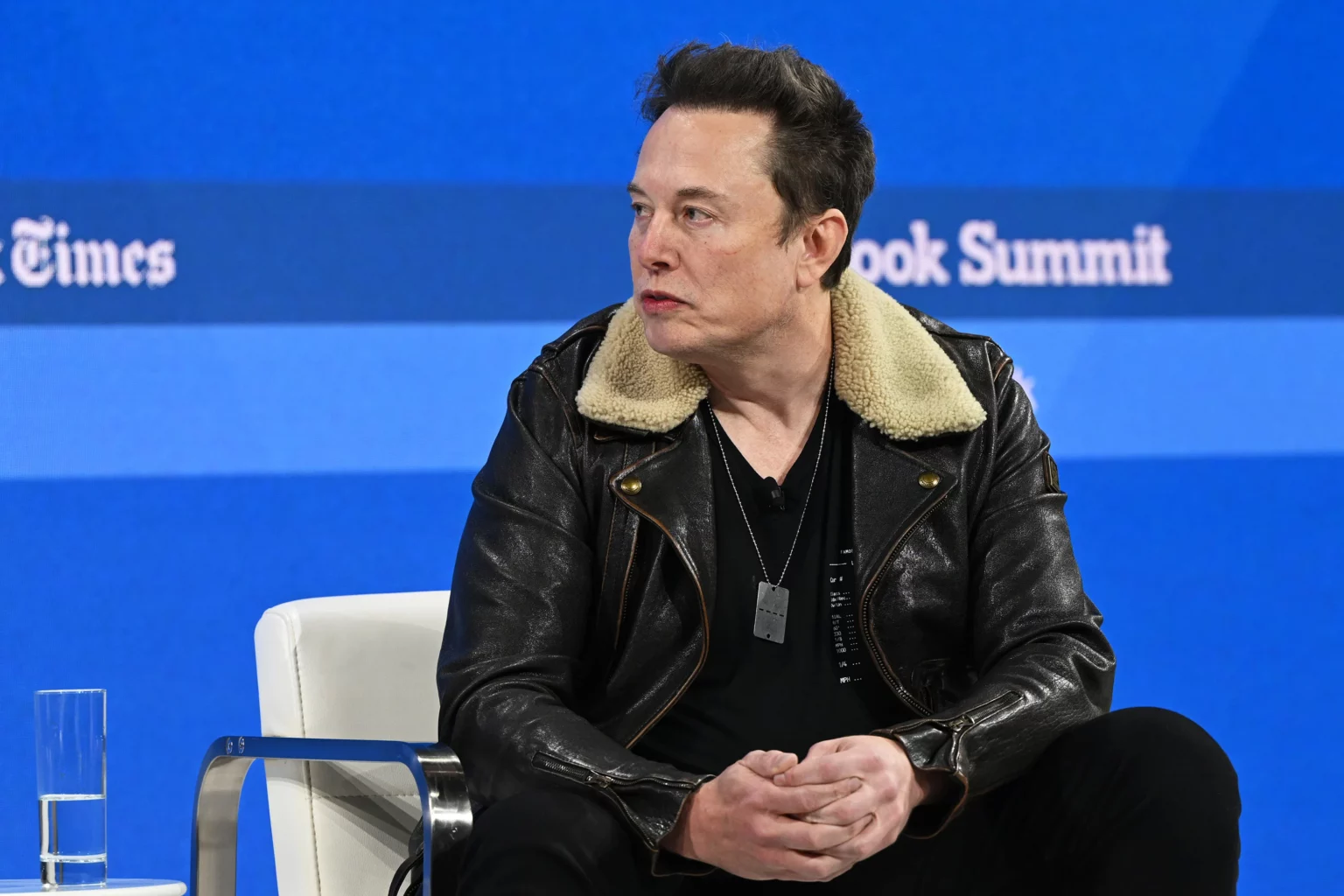Tech mogul Elon Musk stirred headlines once again at the New York Times’ Dealbook Summit as he addressed the fallout from a controversial post on his social media platform, X (formerly Twitter). The billionaire accused advertisers of abandoning the platform of “blackmail” and minced no words, saying, “Anyone who does so can go f**k yourself.”
The contentious remark was delivered before a room full of corporate executives, drawing a momentary hush. Musk’s statement came in response to major advertisers, including Apple, Disney, Comcast, and IBM, pulling away from X after Musk’s November 15 post, which was criticized for perpetuating an anti-Semitic conspiracy theory.
Earlier in the summit, Musk apologized for what he labeled as “literally the worst and dumbest post that I’ve ever done.” The controversial comment claimed that Jewish communities advocated a “dialectical hatred against whites.” Musk acknowledged the post as “foolish” and clarified his intent during an interview with Andrew Ross Sorkin.
Despite expressing regret, Musk remained resolute about not succumbing to advertiser pressure. He boldly stated, “If somebody’s gonna try to blackmail me with advertising, blackmail me with money? Go f**k yourself.” Musk emphasized that he wouldn’t be swayed by external pressures, even as he acknowledged potential business implications.
During the interview, Musk acknowledged the potential consequences, noting, “If the company fails… it will fail because of an advertiser boycott,” highlighting the significant impact such actions could have on X’s future.
Addressing concerns about anti-Semitism, Musk clarified that he holds no discrimination against Jews, referring to himself as “philo-Semitic,” or an admirer of Judaism. Notably, Musk wore a necklace given to him during his recent visit to Israel, featuring the inscription “Bring Them Home,” a gesture from a parent of an Israeli hostage taken in the Hamas attack on October 7.
Musk dismissed speculations that his visit to Israel was an “apology tour” linked to the controversial tweet, asserting that the trip had been planned earlier. The entrepreneur’s unfiltered responses and refusal to bow to advertiser pressure continue to fuel discussions about the complex intersection of social media, corporate influence, and individual expression.




